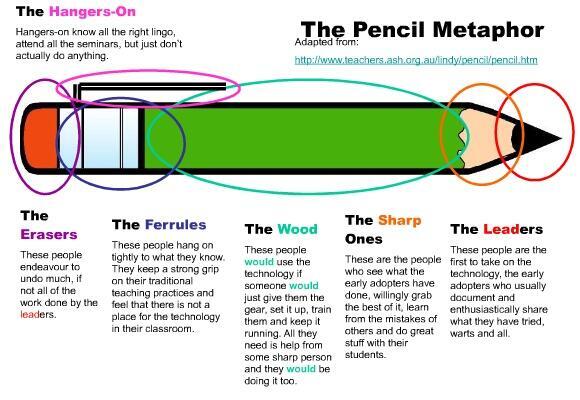My first placement showed me what happens when you don't adapt to surroundings. I spent time working with a KS3 group of students and adopting an approach too far on the "easy-going" side, resulting in what was a wonderful class for a few weeks as they sized me up, becoming a situation where it was difficult to regain class control as they weren't taking me seriously. Granted, this wasn't the whole class, but it left me kicking myself, saying "If only I had started more intelligently..."
First impressions really, REALLY count, and I think this is my biggest concern so far. Having now commenced my second placement and meeting my extremely lively tutor group, I already find myself in a tricky bind that I'm not 100% sure how to deal with. As if fate decided to throw me a curveball, this group contains a small number of students who are challenging to calm down and engage, just as I experienced in my first placement KS3 class. This caused me to have a déjà vu flashback to what went wrong in my first placement and throw me completely off course, resulting in it becoming almost impossible to get them to be calm, stop throwing things, not interrupt others, etc. I left feeling as though I had taken that first chance and thrown it away, with these questions floating around my mind:
Does this mean that I've blown my first chance? Can I regain control in time? What teaching and behaviour management style suits liveliness? Will the students want to engage with this stranger who's suddenly rocked up to their class? Is it necessary, and can I commit, to being more authoritarian? Will I risk losing the rest of the class if this occurs? What about continuity between teachers and the behaviour management policy of the school?
See what I mean about complexity? While I'm not afraid to take on this challenge, I am afraid that I will end up being known as the "trainee who couldn't control his class."
Onwards and upwards...


